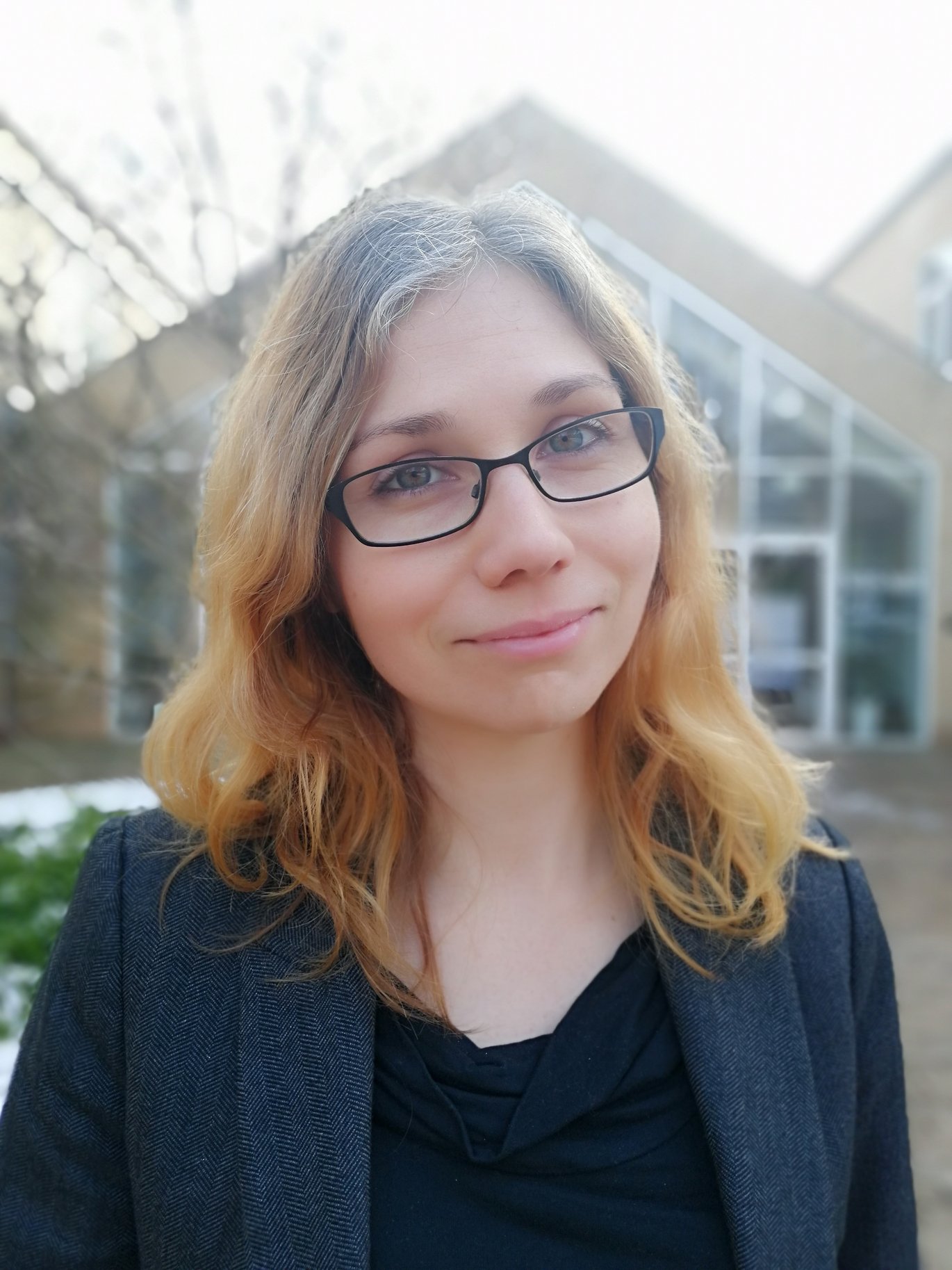ERC STARTING GRANT AT FIRST ATTEMPT
Senior researcher Iza Romanowska has been awarded an ERC Starting Grant of DKK 11.2 million. She has been part of interdisciplinary research environments throughout her research career, so she knows that dialogue is paramount.

She believes that this experience, her investigation of the assessment committee's profile, and a keen eye for asking complex research questions were instrumental in the success of her ERC application. Complexity is at the heart of Iza Romanowska's research – especially in social systems. Her ERC project 'The Model City' examines the rise and fall of cities, and why some cities flourish while others struggle. She takes an interdisciplinary approach to her work in the true sense of the word. "I’ve always worked across sciences, and my research spans a broad spectrum of research areas, including social sciences, evolutionary theory and quantitative methods such as spatial (GIS), numerical (statistics), relational (NT) and text data," she says. “By constantly explaining and discussing your research with researchers from other scientific traditions, you get better at your own research, and what’s more you broaden your understanding of other research fields and approaches. This has been very helpful in the many applications I’ve written over the years. Your research project has to be clear to a foreign reader from the very first page, and my interdisciplinary discussions have really improved my applications," she says. Reusing applications Feedback on an application If you would like more information ERC Starting Grant - read here. You are also welcome to contact the Research Support Office. |